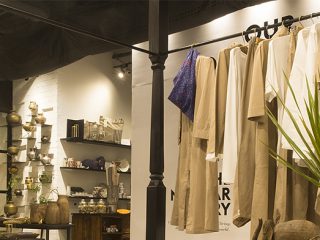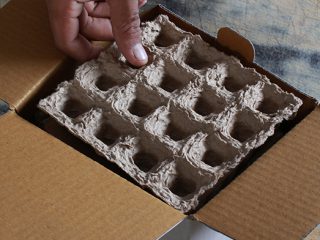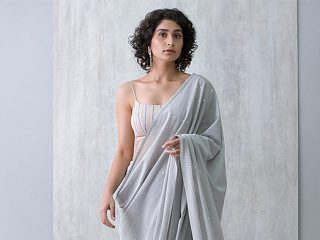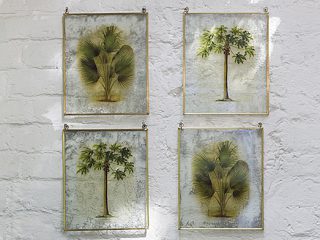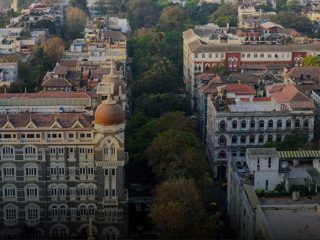“We come from a deep love for our heritage and culture,” says Simran Lal, co-founder of Nicobar, the buzzed-about, Delhi-based lifestyle label. “Be it our textiles, our crafts, our aesthetic, or our beautiful philosophy of deep integration and connectedness with nature,” she explains, describing the company she established in 2016 with her husband, Raul Rai.
Nicobar (named for an island arc between India and Thailand) was derived from “journeys across the Indian Ocean,” as the couple was born and raised in India but spent time traveling through Asia, Europe, and the U.S. Their vision led the pair to build a collection celebrating the ancestry and beauty of their home country. “We wanted to create a contemporary brand that was a reflection of the modern Indian way of living, dressing, and looking at the world,” Rai says. Thus, Nicobar caters to style-conscious Indians at home and abroad.
 The label offers Indian-inspired clothing with a tropical-resort feel—light, breathable kurtas and tunics, home goods such as pillows with whimsical patterns and prints, and stylish-yet-practical travel pieces intended to be mixed. The venture was born from Good Earth—a luxury retailer owned by Lal’s mother—where Lal was CEO. “My mother and I wanted to create a simpler line that speaks to the modern Indian aesthetic,” she says.
The label offers Indian-inspired clothing with a tropical-resort feel—light, breathable kurtas and tunics, home goods such as pillows with whimsical patterns and prints, and stylish-yet-practical travel pieces intended to be mixed. The venture was born from Good Earth—a luxury retailer owned by Lal’s mother—where Lal was CEO. “My mother and I wanted to create a simpler line that speaks to the modern Indian aesthetic,” she says.
That modern Indian aesthetic is apparent in Nicobar’s assemblage of items. Fashioned by designer and stylist Aparna Chandra, the women’s and men’s pieces focus on fit, form, and fabric. Styling and layering are the essential themes, according to Rai. He and Lal aim to connect the Nicobar consumer with the beauty of what they’re wearing as well as the environment in which the clothing is rooted. For instance, garments of soft, supple cotton echo classic Indian dress, but lean fashion-forward in their detailing. White is often a base, and splashes of colour add punch. Graceful silhouettes and comfort are key.
“Our products have Indianness as an undercurrent, but should be easily used whether in a London tube or a New York subway,” Rai says. Many pieces are versatile enough to wear every day or can be readily accessorised for that special occasion.
The Nico Dress, one of the brand’s staples, can be worn alone or as an overlay. Lal says it’s “an easy, breezy, and universally flattering dress that has gotten love from a legion of women.” Hence, it sells out quickly.

Created with globetrotters in mind, the travel line is both fashionable and practical, and includes bags, clothing, and accessories—from totes to toiletry kits to shoe sacks and scarves—“designed to be worn and carried with ease, and with each other,” Rai says.
In Nicobar’s home decor pieces, simplicity is key, but so is a global sensibility. Some items, like kulhars—traditional handleless clay cups—are multifunctional. “Our kulhars can be used to drink sake in Japan or espresso in Italy,” Rai says. Moreover, Lal explains cups aren’t just for tea but have been used as everything from yogurt pots to jewelry organizers to succulent planters to wine vessels.
Other Indian-influenced housewares, such as the lotus-leaf brass bowl, monkey coasters, and “Indian Ocean” kitchenware, made through a collaboration with master chef Gary Mehigan and his wife, Mandy, ooze Indian flavor. “Our Indianness is, I feel, quite effortless because we are Indian, and it is us, a part of our lives,” Lal says. “It does show up in what we create.”
Since its launch, the label has worked its way into rooms and closets around the world, through 12 retail stores in cities such as Mumbai, Goa, and Chennai, with more in the works.

